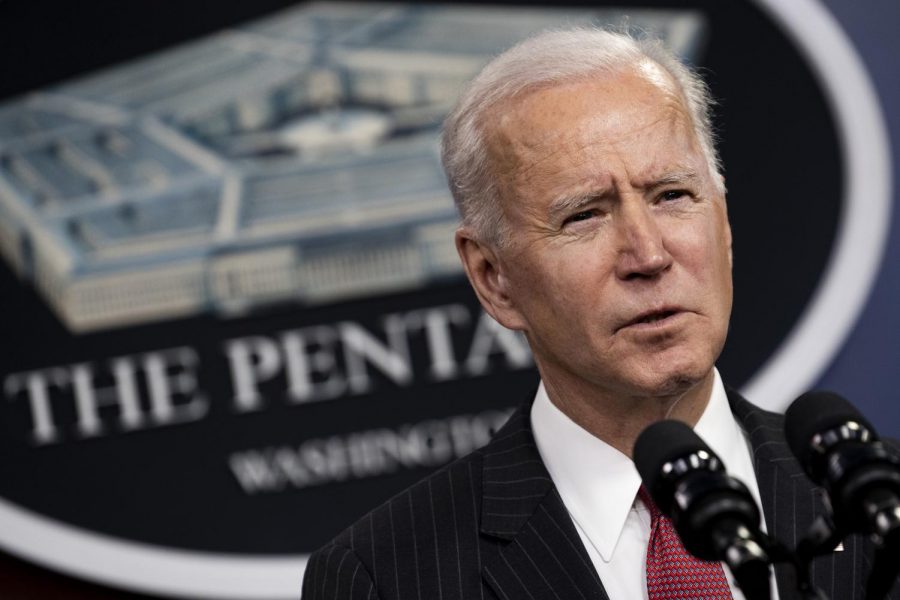Executive Decisions
Biden has created multiple executive orders during his first few months of presidency
April 29, 2021
Joseph Biden has been the President for around 100 days. In this time, Biden has made quite a few changes to the executive branch. By Mar. 8, Biden signed 44 executive orders, which is 17 more than the past president, Donald Trump, in the same amount of time. Alexander Edwards, an American government teacher at NHS, teaches students about the executive branch and its laws.
“An executive order is an order by the president of the United States that directly impacts the executive branch of the government,” Edwards said.
Executive orders are not laws, but directives. Edwards said that the impact of these orders has been miscommunicated throughout the country.
“I think executive orders are something that is really misunderstood by the general public, just because they take on this negative connotation,” Edwards said. “In reality, it’s just an instruction and it doesn’t have any binding force that impacts day-to-day life for the most part.”
In his campaign process, Biden mainly focused on undoing the actions of the previous president and administration. The changes he promised to make covered topics such as immigration, separation at the border and ways that the EPA has been regulating environmental protection orders.
“I think [undoing previous orders] was a central part of his campaign, and it was something that he wanted to do,” Edwards said. “That’s what got him a lot of votes — people were tired of the previous administration and wanted to see change, and I think he offered that change.”
Some students have mixed emotions about the orders he has made so far. Junior Peyton Pearcy is generally satisfied with his actions but hopes for changes later on—especially concerning the coronavirus.
“I try not to put much confidence into political figures, but I’m hoping Biden will keep handling the pandemic the best he can while consulting with health professionals and experts so we can return to some form of normalcy,” Pearcy said.
What Biden does in the future is unknown —some of his actions have been unexpected. This element of surprise makes it difficult for individuals to trust his decisions.
“We are in the middle of a pandemic, so it’s hard to judge accurately, but I still don’t think many social issues are being tackled with vigor,” Pearcy said. “Politicians mostly claim to care and then do nothing, but who knows. He also bombed Syria which I am not in support of. I think it’s safe to say I prefer him to Trump, but I am still not impressed.”
Junior Jayden Coalson worries about the statements that Biden has said previously to and in the midst of his presidency.
“I think that he has mainly held his promises, but that doesn’t necessarily mean that I agree with all he wants to do,” Coalson said. “I also feel worried with some of the things he says, like how he stated that ‘no amendment to the Constitution is absolute’, which includes everything from a woman’s right to vote to the right to bear arms.”
Biden will continue to issue orders as his presidency rolls on. The conflicting feelings around his actions are likely to stay constant.
“I think that he is dealing with his issues in his own ways, but I don’t believe that all of them are the best or correct,” Coalson said. “I’m confident that he has a lot of supporters, but I’m not very confident in what he’s wanting to do overall. Who knows what’s going to happen.”







